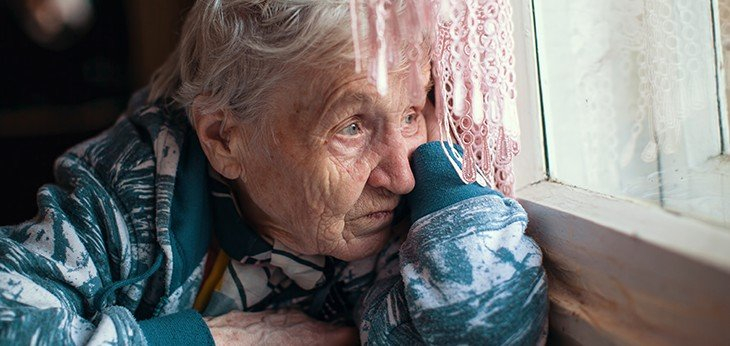The Aged Care Royal Commission’s interim report makes for difficult reading. Its single word title “neglect” is, in itself, a smack in the face for anyone who cares about how we treat older people, which should be all of us.
The interim report outlines the following key issues:
- Difficulties in navigating the system – once older people reach the stage of needing formal care (beyond support which can be provided by family and friends) they are thrust into a system of applications and assessments, which commoditise them into a care package and are largely conducted by phone and internet
- Whilst home care is often the preferred option for older people, and can maintain their independence for longer, significant waiting times for home care packages are putting many people at risk and increasing the pressure on family and other informal carers
- Substandard care is all too common in residential aged care, with ‘thoughtless acts’ that “when repeated day after day, become unkindness and often cruelty. This is how ‘care’ becomes ‘neglect’.”
The report discusses some underlying, systemic factors that may be contributing to this situation.
The consumer model
There is a dichotomy between the consumer driven care model of modern aged care and the reality for many older people and service providers. Whilst the intention of the model is to offer people choice, often this is not the reality. Limitations in access to funding, waiting lists for services, challenges in navigating the system and the availability (or lack of) your service of choice in your community mean that informed, genuine consumer choice simply doesn’t exist for most. The flip-side of the consumer model should be that providers are more market focussed: understanding and responding to their customers’ needs and wants. According to the interim report, this isn’t happening either. There is a disconnect between people providing the service and the users of those services – to the extent that known issues of poor care, neglect and abuse are not consistently dealt with. The changing demand of consumers are also not being met.
“We have also heard about how the aged care system has not kept up with changing needs and community expectations. The preference for care at home is increasing significantly. Consequently, the complexity of the care needs of people entering residential care is also increasing. The aged care system as a whole has struggled to adapt to these developments, as have specific providers. These changes require different care models, investment in new expertise, reconsideration of funding models and a stronger, closer interface with the acute health care sector.”
Our attitudes to old age
Perhaps the most worrying finding of the Royal Commission is the lack of respect and value we give to our older citizens.
“the language of public discourse is not respectful towards older people. Rather, it is about burden, encumbrance, obligation and whether taxpayers can afford to pay for the dependence of older people. As a nation, Australia has drifted into an ageist mindset that undervalues older people and limits their possibilities. Sadly, this failure to properly value and engage with older people as equal partners in our future has extended to our apparent indifference towards aged care services. Left out of sight and out of mind, these important services are floundering. They are fragmented, unsupported and underfunded. With some admirable exceptions, they are poorly managed. All too often, they are unsafe and seemingly uncaring. This must change.”
Those of us working in community services will appreciate that this lack of value extends to the workforce too. If we don’t value older people, why would we value those that work with and care for them?
“We have heard about an aged care workforce under pressure. Intense, task-driven regimes govern the lives of both those receiving care and those delivering it. While there are exceptions, most nurses, carer workers and allied health practitioners delivering care are doing their best in extremely trying circumstances where there are constraints on their time and on the resources available to them.
The aged care sector suffers from severe difficulties in recruiting and retaining staff. Workloads are heavy. Pay and conditions are poor, signalling that working in aged care is not a valued occupation. Innovation is stymied. Education and training are patchy and there is no defined career path for staff. Leadership is lacking. Major change is necessary to deliver the certainty and working environment that staff need to deliver great quality care.”
The Royal Commission acknowledges that there are service providers who are providing quality care and putting their clients first; they recognise the efforts of committed staff and praise the tenacity of devoted family carers. But, they are working within a failed system.
Within days of the publication of the Aged Care Royal Commission Interim Report, the Disability Royal Commission held its first hearing, which included stories of children with disabilities being bullied and excluded, by their teachers. Australia prides itself on cultural values of mateship and a fair go. The interim report from the Aged Care Royal Commission makes it pretty clear that we’ve let our old mates down. Early signs from the Disability Royal Commission indicate that we haven’t been giving people with disability a fair go either. Unless we fix the systems that are supposed to be caring for some of the most vulnerable people in our communities, that expression that ‘getting old is better than the alternative’ may no longer hold true.
NDS has produced a helpful summary of the lessons from the Aged Care Royal Commission Interim Report for disability service providers.






